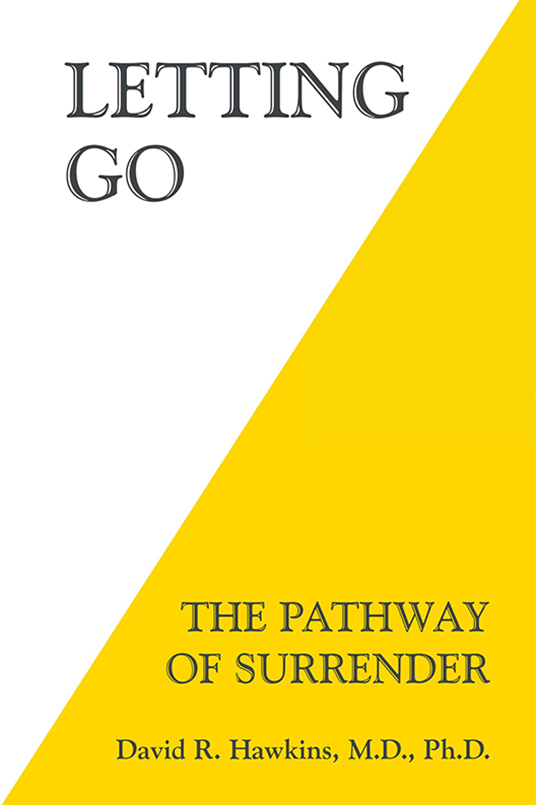If I would’ve read this book when I was younger, I would’ve probably said that it was a bit out there with “wu wu” theories.
Now, I “get it”.
After reading so much about behavioral psychology, neuroscience, and other related topics, I “get it”. Still, some of the ideas are still a bit “out there” for me. But I have approached it with an open mind, knowing that maybe in 5-10 years I will “get those” as well.
This book has radically changed my life and my mindset. I thought I already had a mindset of abundance but the book make me realize that I still had some beliefs that were keeping me in a state of scarcity in some areas of my life.
Also, it has helped me better understand the value and meaning of emotions (something that I still struggle with).
This book will be of IMMENSE value for “perfectionists”, people who are constantly stressed, and in general have a high level of OCD applied to everything they do in life.
Flow: 5/5, it can easily be read in a couple of weeks or less.
Actionability: 5/5, the book has several examples and explanations of exercises one can do to learn how to “let go”.
Mindset: 5/5, it will radically change your mind about many areas of your life.
Some Of My Highlights:
-
“As he explains in the book, it takes courage and self-honesty to see negativity and smallness in ourselves.”
-
“It’s not by finding the answers, but by undoing the basis of the problem.”
-
“The accumulated pressure makes us miserable and is the basis of many of our illnesses and problems.”
-
“Thoughts are filed in the memory bank according to the various shades of feelings associated with those thoughts. Therefore, when we relinquish or let go of a feeling, we are freeing ourselves from all of the associated thoughts.”
-
“We have three major ways of handling feelings: suppression, expression, and escape.”
-
“When we repress a feeling, it is because there is so much guilt and fear over the feeling that it is not even consciously felt at all.”
-
“We maintain our self-esteem at the expense of others and, eventually, this results in social breakdown.”
-
“If we dump our negative feelings on others, they experience it as an attack and they, in turn, are forced to suppress, express, or escape the feelings; therefore the expression of negativity results in the deterioration and destruction of relationships. A far better alternative is to take responsibility for our own feelings and neutralize them. Then, only positive feelings remain to be expressed.”
-
“People are terrified of facing themselves. They dread even a moment of aloneness.”
-
“Stress results from the accumulated pressure of our repressed and suppressed feelings.”
-
“The more surrenders we are, the less prone we are to stress. The damage caused by stress is merely the result of our own emotions.”
-
“True love is free of fear and characterized by non-attachment.”
-
“This means that we routinely and unwittingly affect others by our emotional state and thoughts.”
-
“Above the level of Courage, people seek us out because we give energy to them (“power”) and we have goodwill towards them.”
-
“Love focuses on the essence of a situation, not the details.”
-
“The fastest way to move from the bottom to the top is by telling the truth to ourselves and to others.”
-
“The understanding of the underlying emotion and its correct handling is, therefore, more rewarding and less time-consuming than dealing with one thoughts.”
-
“Every life experience, no matter how ‘tragic’, contains a hidden lesson.”
-
“One benefit from a life crisis is greater self-awareness.”
-
“The world can only see us as we see ourselves.”
-
“Greatness is the courage to overcome obstacles. It is the willingness to move to a higher level of love.”
-
“The end result of the conscious handling of emotions is invulnerability and imperturbability.”
-
“The way our of this, then, is to start questioning everything.”
-
“Because others, such as Frankl, have chosen not to blame, that option is also open to us.”
